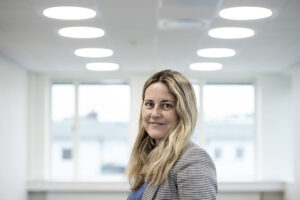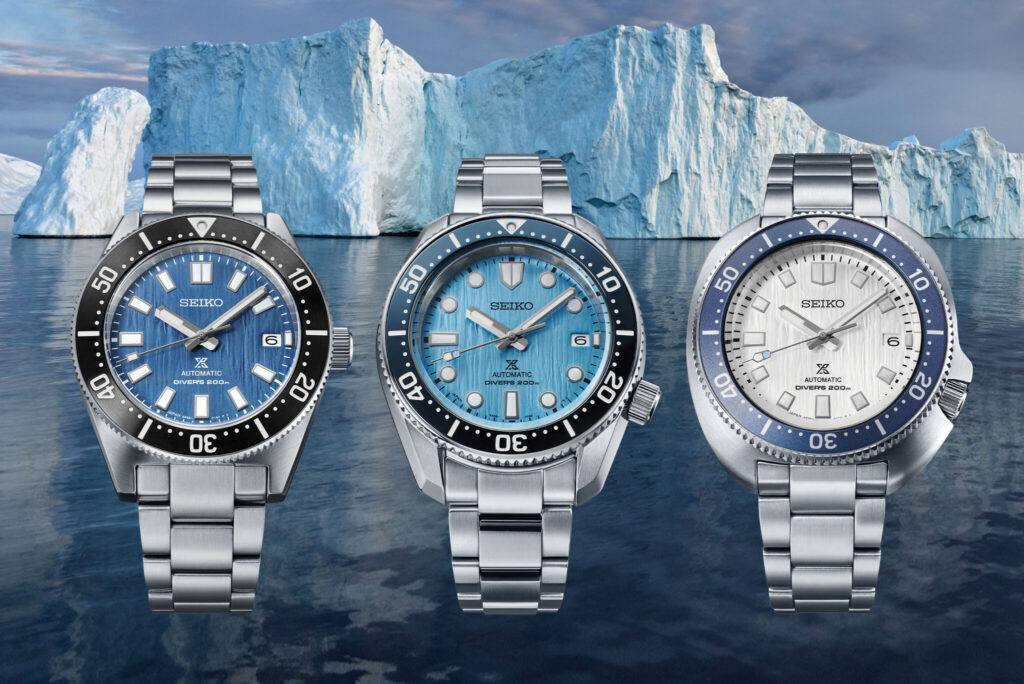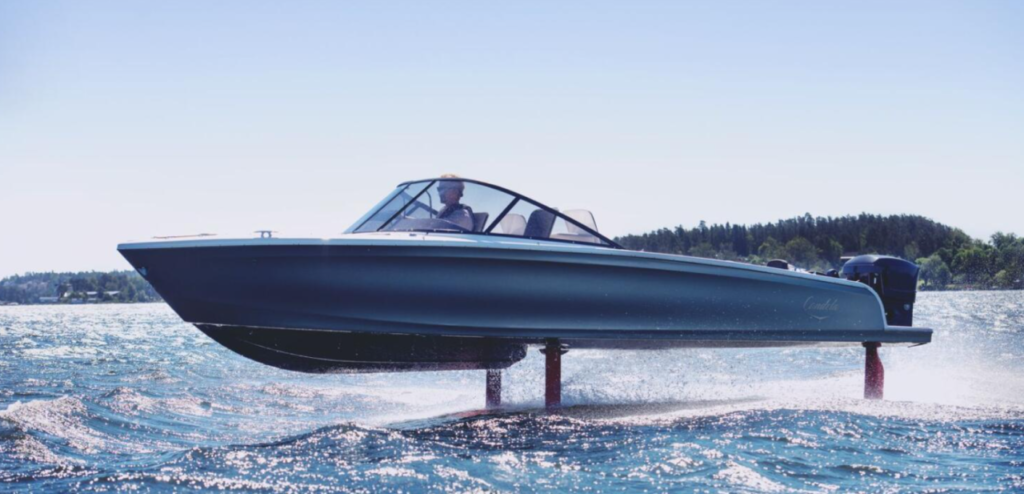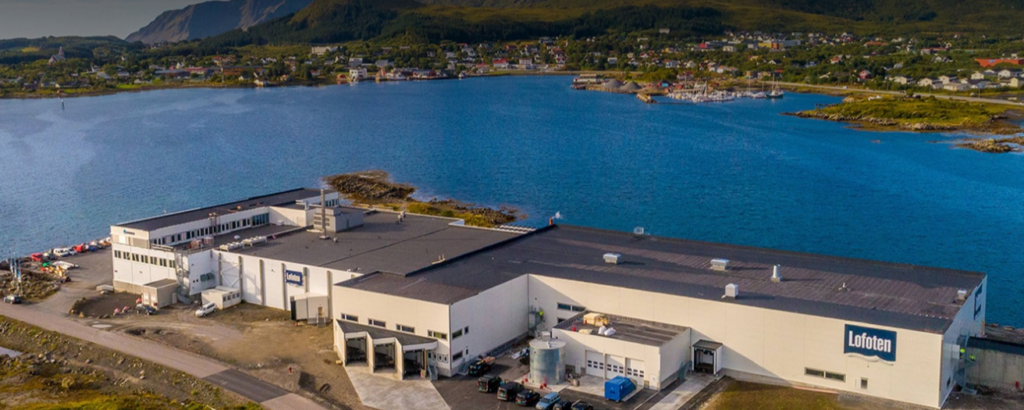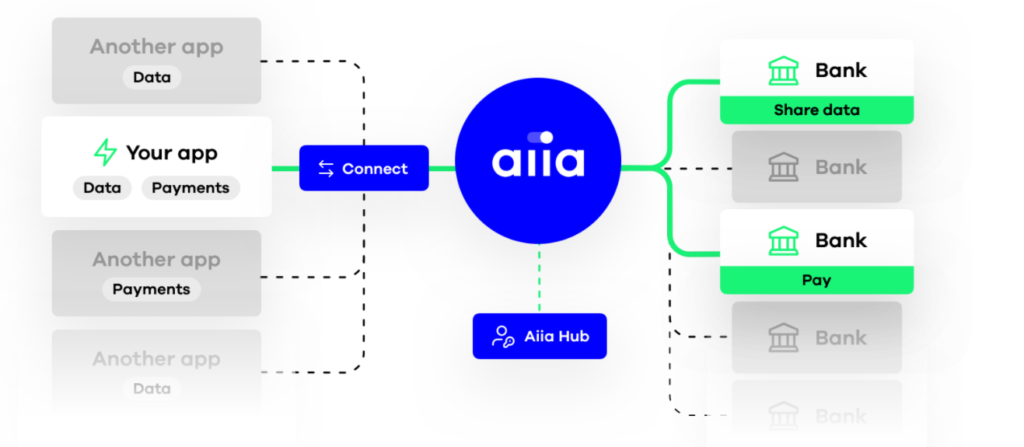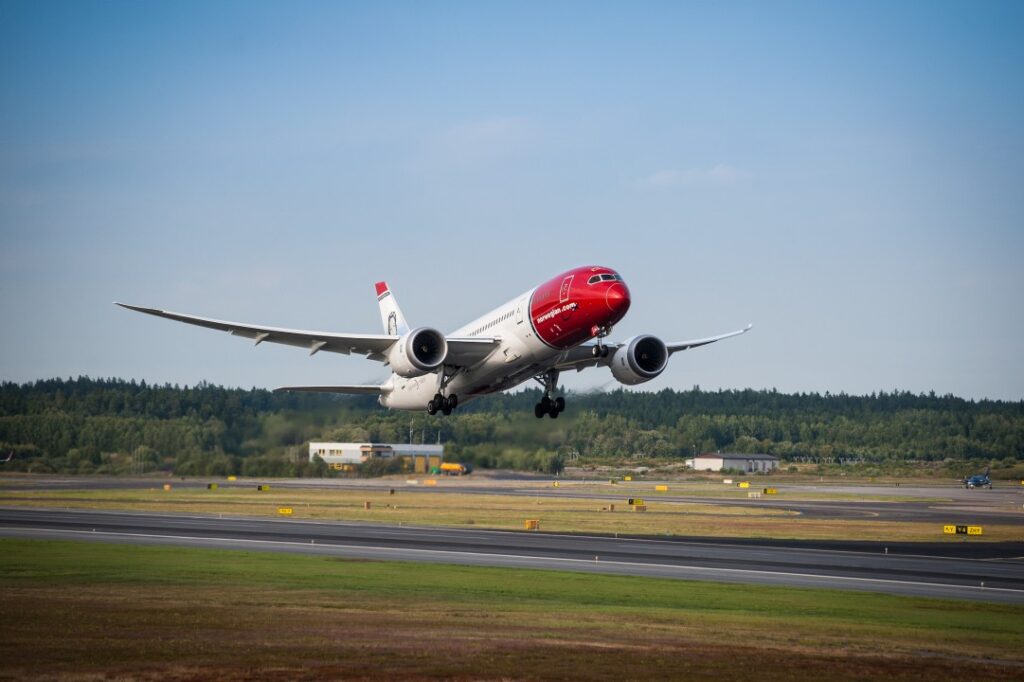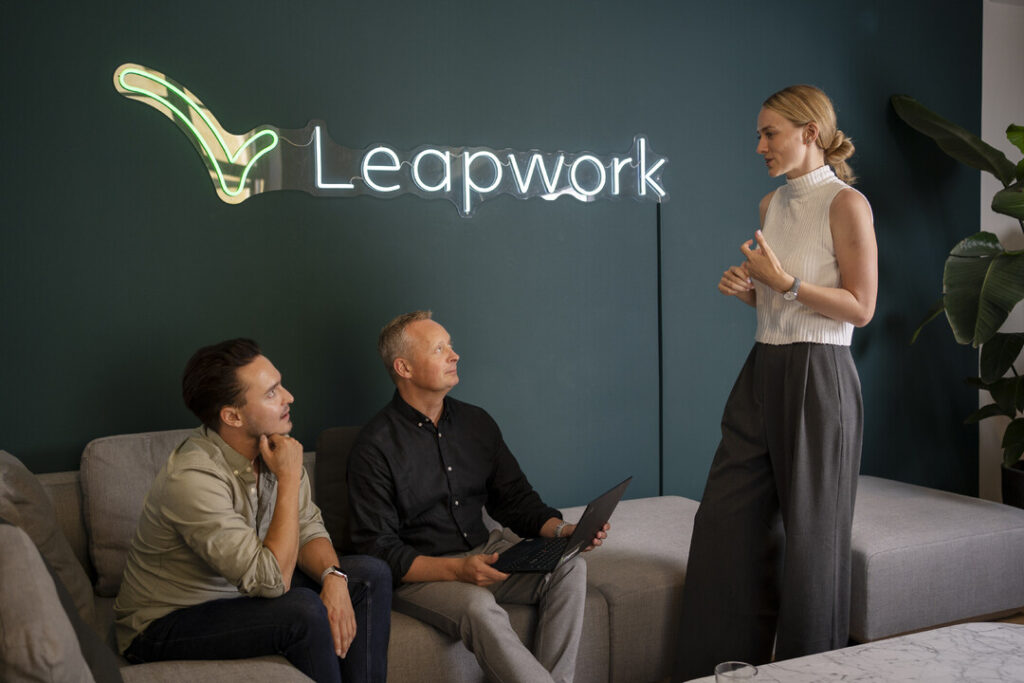Sustainability
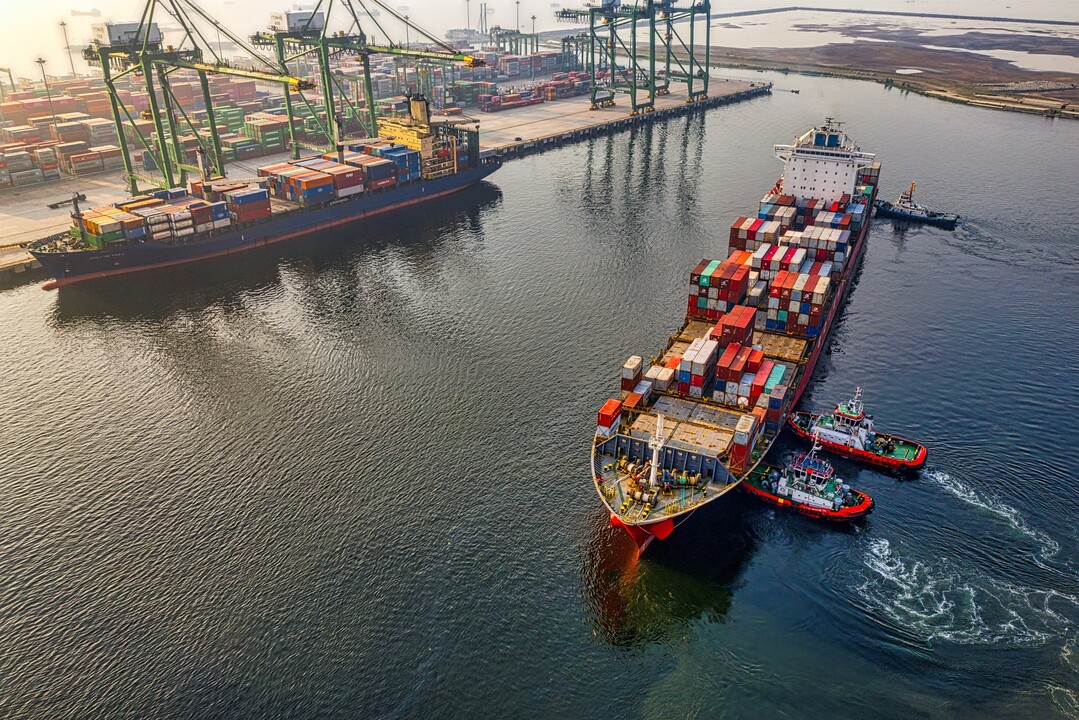
New innovation project aims to bring production of sustainable fuels for aircraft and ships to commercialisation. The project is facilitated by Energy Cluster Denmark.
Great Potential In Developing New Sustainable Fuel
Nordic Business
An innovation project involving a total of 17 partners from Denmark and other European countries has received over DKK 30 million from Innovation Fund Denmark for the purpose of bringing the production of sustainable fuels for aircraft and ships to the commercialisation stage.
The core technology, hydrothermal liquefaction (HTL), is currently being demonstrated in Norway, and the project is intended to build upon that technology by focusing on the actual refining processes and finished fuels.
Steeper Energy ApS is the company involved in the construction of a major HTL demonstration facility in Norway, used to produce bio-oil from residual waste in the forestry sector. The company is involved in the project as a technology supplier, with the project expected to be ready for operation later in 2021.
Access to the facility in Norway allows the consortium to work with large quantities of HTL bio-oil, which has thus far been a bottleneck to the development of the project. Additionally, Steeper Energy is working with refining technology aimed specifically at HTL oils.

“In a world with a major demand for a green transition in a heavy transport industry which still uses liquid fuel, oil from hydrothermal liquefaction – and especially Steeper Energy’s Hydrofaction® technology – is a viable alternative to fossil fuels. This will ensure the CO2 reductions needed in the global transport sector,” says Mikael T. Christensen, Vice President, Corporate, Steeper Energy ApS.
“This new technology holds the potential to reduce CO2 emissions by over 80 per cent,” he adds.
He expects the first full-scale facilities to be ready for production in four or five years. From there, the construction of additional facilities will have to start to cover the immense needs of the transport sector.
The sweet spot
Aalborg University, which recently demonstrated a “prototype jet fuel” from sewage sludge, is involved in the project as a knowledge partner. “We are located right in the sweet spot between the commercial stakeholders; both those with a green technology they want to bring to market and those with a GHG-emitting technology they want to turn climate-neutral. We have the HTL producer on the one side and the refineries on the other.

As a university, we are placed in the middle and involved in facilitating the transformation that needs to happen,” says Lasse Rosendahl, professor and Head of Department at the Department of Energy Technology at Aalborg University.
“We are facing a huge challenge. It is well-known that some parts of the transport sector are facing greater difficulties in completing the green transition than others. We often talk about the heavy sector, which faces the greatest challenges in terms of electrification. This is a plausible solution for both ships and aircraft; we are finding an effective way to provide the two sectors with sustainable fuels. Our solution is partly to implement a new technology and partly to recycle a lot of the infrastructure we invested in already,” Rosendahl says.
Think holistically
“One of the key messages here is that, looking forward, there will still be a need for liquid fuels in some parts of the transport sectors. We need to remember to think holistically, so that we can find the best way to make these new fuels available. Our society needs all the carbon mass flows to be collected and recycled in a circular system,” says the professor.
In addition to the technical partners, the innovation project also involves the ports of Aalborg and Aarhus. Swiss firm Greenfuelhub and AP Møller-Maersk are involved in the marine fuels area, while West Danish airports Aalborg Airport, Aarhus Airport and Billund Airport as well as fuel logistics partners DCC & Shell Aviation Denmark and SkyNRG (Netherlands) are involved in the jet fuel area.
Co-responsibility

“We are joining as an existing part of the infrastructure. Our main task as a port is to ensure that the product moves from the producer to the end user,” says Jesper Raakjær, Director of Development at the Port of Aalborg.
“Oil is already a significant part of our business area, and the new green fuels also need to be.
Like everyone else, the Port of Aalborg has taken up the call for the green transition, and we share in the responsibility for making it happen. The segment that we are highly involved in, ship traffic, is one of the major CO2 emitters, which is why we need to do something to ensure they use a different kind of fuel,” he adds.
“It is only natural for our port to get involved in this project. The opposite just wouldn’t make sense. In the future, the Port of Aalborg wants to be a production and distribution port. We want to help both ship traffic and our local areas become more environmentally friendly. Even a North Jutlander can see the obvious [financial] logic in this,” Raakjær notes wryly.
The innovation project is facilitated by Energy Cluster Denmark, working to ensure that the entire value chain is represented. The project will allow the participants to work on scenarios and develop new business models related to production and distribution of sustainable fuels for the maritime and aviation sector, as well as on how these will contribute to the Danish climate targets in quantitative terms.
“There is considerable potential in developing sustainable fuels for the transport industry. At this point, we need to start by identifying the technological challenges and barriers to getting the technologies to market. We then need to overcome the barriers via innovation projects that deliver concrete results. We look forward to taking on this project, and not least disseminating the results from it so that we can raise funding to bring the solutions all the way to the market,” says Glenda Napier, CEO of Energy Cluster Denmark.
FACTS
Innovation Project: Low Carbon fuels for aviation and marine markets
Project acronym: LowCarbFuels.dk
Grant donor: Innovation Fund Denmark, Grand Solutions
Project period: 1/2/2021 – 31/1/2025
Total budget: DKK 42.96 million
Supporting funding from IFD: DKK 30.56 million
